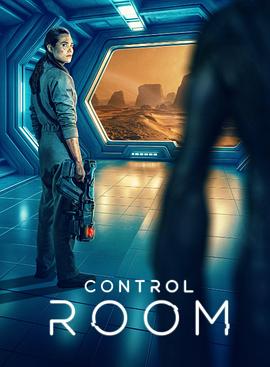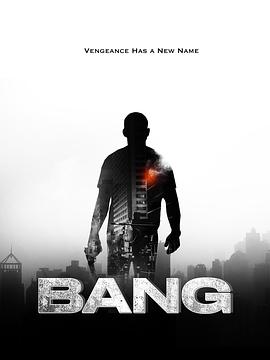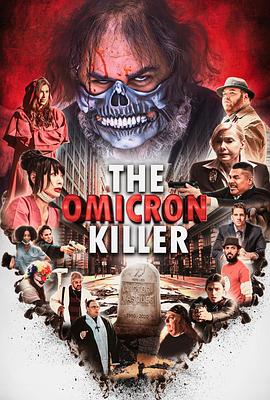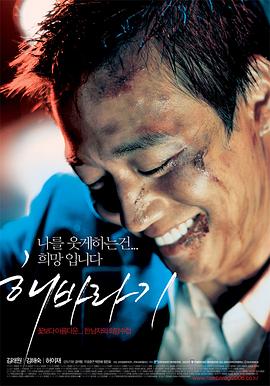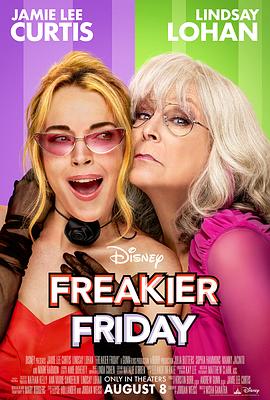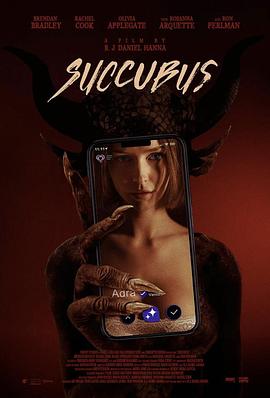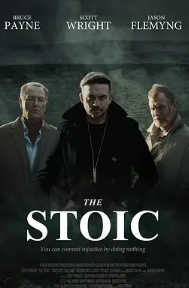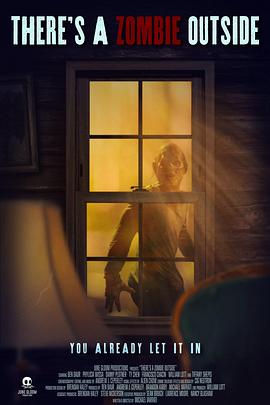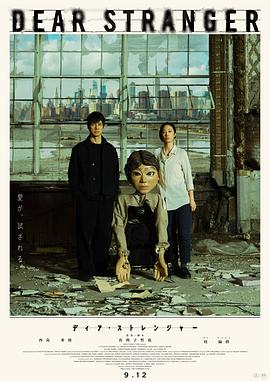Berlin in 1931. An environment somewhere between shared rental housing and the underworld, with brothels serving as artists' studios, Nazis running am[Expand All]
Berlin in 1931. An environment somewhere between shared rental housing and the underworld, with brothels serving as artists' studios, Nazis running amok on the streets, and Babelsburg dreaming of making psychological films. Living in the surging tide, society is fermenting and eroding. As long as he still has a job, Jacob Fabian, who holds a doctorate in German studies, writes advertising copy during the day and frequently visits rather absurd places in the city with Stephen Labrador at night. His friend - who later admitted to having failed in the subject of life and career - was an enterprising person when it came to communism and sex, while Fabian remained clear-headed and detached. He waited for a decent victory but did not truly believe in it. His love for Cornelia was the only thing that made him question his own satirical fatalism. She became a glimmer of hope in his collapsing life. Although it shares many similarities with today's criticized world, it is a challenge to get Erich Kesstner's deep and mournful autobiographical novel "Fabian" - one of the most important novels of the Weimar Republic - out of its dark living environment. Dominic Graff handled this challenge splendidly. His style is subtly sharp, cold-blooded and light-hearted, yet quiet and melancholy. This film is like a slowly spinning disco ball, telling the story of the connection between sexual behavior and an empty refrigerator, as well as the disintegration of the dream of happiness.[Collapse]

